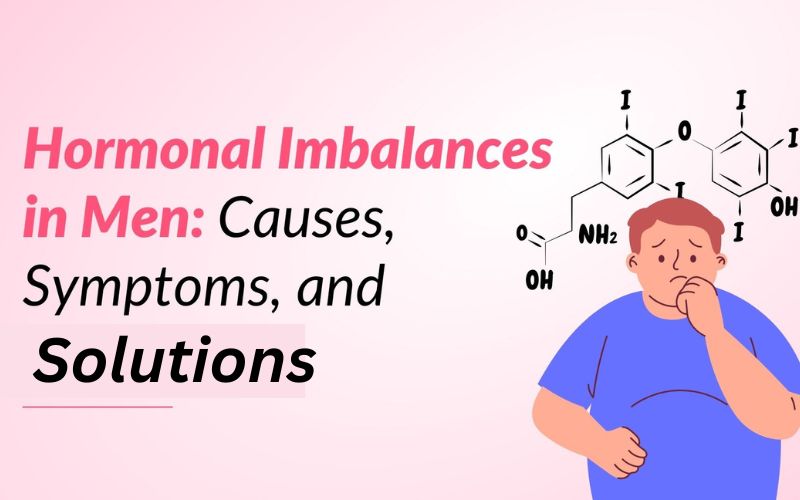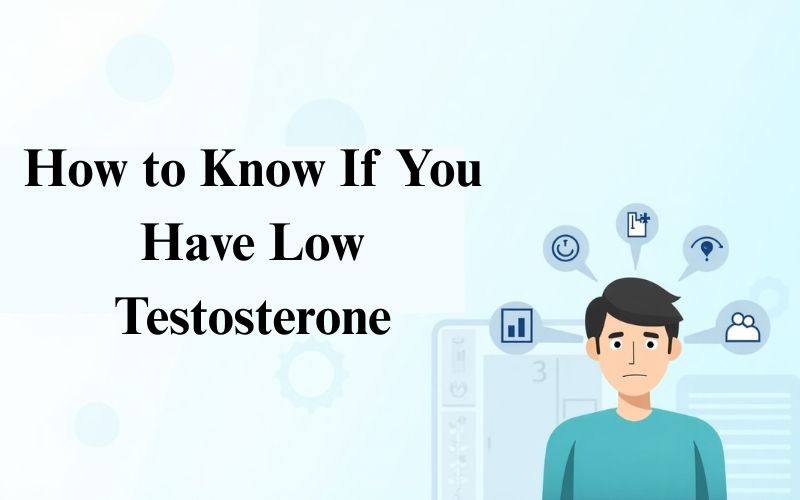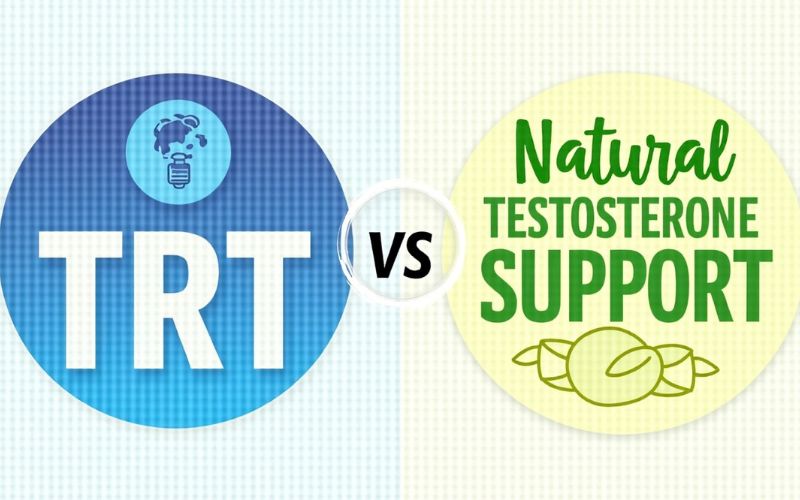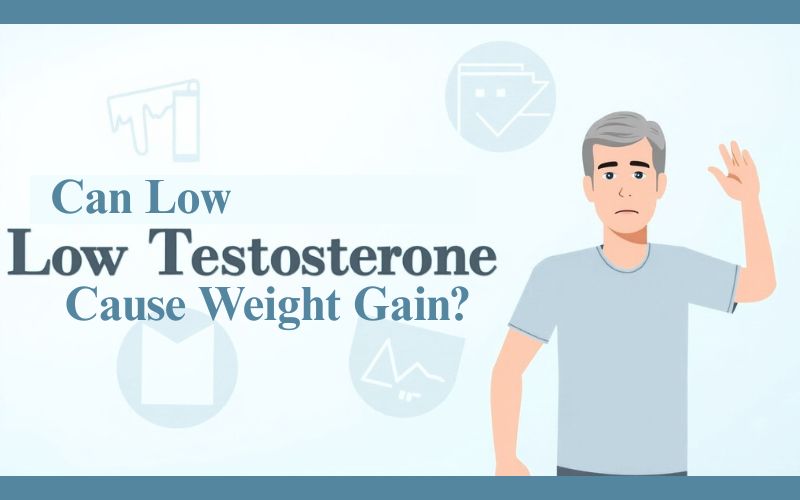Hormones are chemical messengers that control nearly every function in the body—from metabolism and mood to libido and muscle growth. For men, hormonal balance—especially testosterone—is crucial for optimal health, strength, and vitality.
However, hormonal imbalance in men often goes unnoticed. The symptoms can be subtle at first, gradually affecting energy levels, performance, mental clarity, and sexual health. Many men attribute these changes to aging or stress, missing the root cause: disrupted hormone levels.
In this guide, we’ll explore the key signs of hormonal imbalance in men, explain what causes it, and share evidence-based strategies to restore hormonal health and overall well-being.
Table of Contents
Symptoms That Indicate Hormonal Imbalance
Hormonal imbalance doesn’t always show up overnight. It often manifests as a cluster of physical and mental symptoms, especially as testosterone levels decline or cortisol spikes.
Common Red Flags:
- Fatigue and low energy
Even after a full night’s sleep, you may feel drained, unmotivated, or unable to power through the day. - Reduced muscle mass or strength
Despite working out, building or retaining muscle becomes difficult—especially in the arms, chest, and legs. - Brain fog or poor concentration
Struggling with memory, focus, or mental clarity? Low testosterone and high cortisol can affect cognitive function. - Low sex drive and erectile dysfunction
Libido loss and difficulty maintaining erections are hallmark signs of male hormonal imbalance, often linked to testosterone deficiency.
How Hormonal Imbalance Affects Metabolism & Weight
Hormones like testosterone, insulin, and thyroid hormones play a pivotal role in metabolism, fat storage, and muscle maintenance.
Weight & Metabolic Impact:
- Belly fat gain
Low testosterone encourages fat accumulation, especially in the abdomen. - Slower metabolism
Hormonal imbalance can reduce basal metabolic rate, making it harder to burn calories efficiently. - Insulin resistance
Imbalances can lead to poor blood sugar control, increasing the risk of prediabetes or Type 2 diabetes. - Muscle loss despite training
Without proper hormonal support, lean muscle mass declines even with consistent workouts.
Male-Specific Hormonal Imbalance Signs
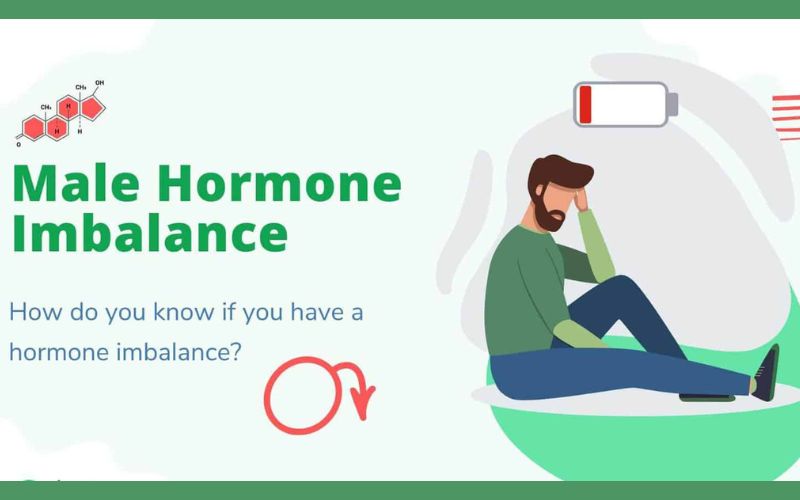
While women experience hormone shifts during menopause, men undergo a more gradual decline called andropause—typically after age 30.
Male Hormones at Play:
- Testosterone Deficiency (Hypogonadism)
- Decreased libido
- Erectile issues
- Loss of body hair
- Decreased testicle size
- Elevated Estrogen (Estrogen Dominance)
- Gynecomastia (breast tissue enlargement)
- Mood swings and emotional sensitivity
- Fat gain and water retention
- Cortisol Overload
- Chronic fatigue
- Poor stress tolerance
- Trouble sleeping or recovering from workouts
These changes can have a profound effect on identity, confidence, and relationships if left untreated.
Emotional & Psychological Symptoms (Anxiety, Mood Changes)
Hormonal imbalance doesn’t just affect your body—it affects your mind.
Mental Health Signals:
- Depression, anxiety, or irritability
Low testosterone and high cortisol levels are associated with mood instability. - Sleep disturbances
Hormonal shifts can disrupt melatonin and cortisol rhythms, leading to poor sleep quality or insomnia. - Low motivation and drive
Testosterone plays a key role in goal-directed behavior, confidence, and emotional resilience.
Many men mistakenly self-diagnose these symptoms as “burnout” or “midlife crisis” without exploring hormonal health.
Common Triggers Behind Hormonal Imbalances
Understanding the root causes is key to prevention and effective treatment.
Top Risk Factors:
- Aging
Testosterone levels naturally decline by about 1% per year after age 30. - Chronic stress
Prolonged high cortisol suppresses testosterone and disrupts adrenal function. - Poor diet and lack of exercise
Diets low in essential nutrients (zinc, omega-3s, vitamin D) and inactivity contribute to imbalance. - Overtraining or no training at all
Both extremes can negatively impact testosterone and cortisol balance. - Medical conditions
Diabetes, obesity, sleep apnea, and thyroid disorders often coincide with hormone dysregulation. - Environmental toxins
BPA (from plastics), phthalates, pesticides, and alcohol are known endocrine disruptors.
When to Seek Medical Advice
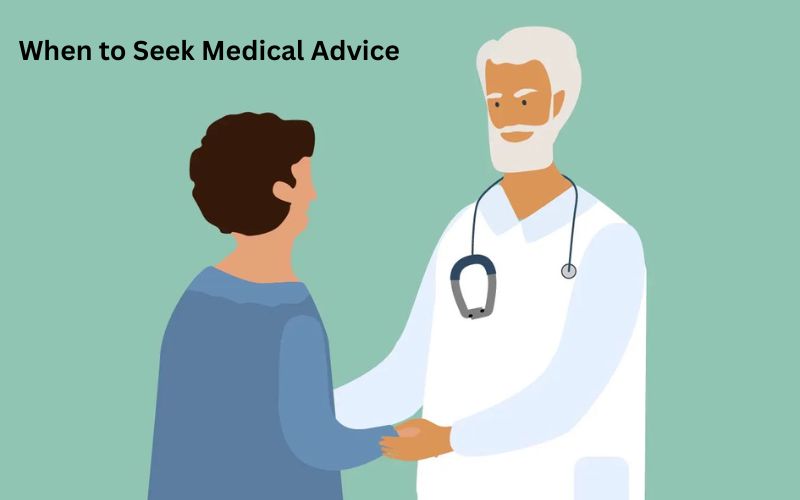
While occasional fatigue or low libido may seem normal, persistent or multiple symptoms should not be ignored.
Time to See a Specialist If You Experience:
- Ongoing low energy or motivation
- Consistent sexual dysfunction
- Sudden muscle or hair loss
- Mood issues impacting relationships
- Noticeable weight changes or belly fat
What to Expect from Testing:
- Total and free testosterone
- Estradiol (estrogen levels)
- Cortisol (morning and evening)
- Thyroid panel (TSH, T3, T4)
- FSH and LH (pituitary hormones)
Work with a hormone specialist, endocrinologist, or functional medicine doctor for accurate diagnosis and treatment.
Managing Hormonal Imbalance: Lifestyle and Treatment Strategies
You don’t have to settle for suboptimal health. Many hormonal imbalances can be corrected with natural strategies and medical interventions.
Nutrition & Supplements:
- Eat whole foods rich in zinc, magnesium, vitamin D, omega-3s
- Cruciferous vegetables (broccoli, cauliflower) help clear excess estrogen
- Limit sugar, refined carbs, and alcohol
- Consider adaptogens like ashwagandha or maca root for cortisol support
Resistance Training:
- Strength training boosts testosterone naturally
- Focus on compound lifts (squats, deadlifts, bench press) 3–4x/week
Stress Management:
- Prioritize 7–8 hours of quality sleep
- Try meditation, breathing exercises, or digital detoxes
- Schedule downtime and reduce chronic stimulation
Medical Options:
- TRT (Testosterone Replacement Therapy) under medical supervision
- Estrogen blockers or aromatase inhibitors (if needed)
- Addressing underlying health issues like insulin resistance or thyroid dysfunction
Reduce Endocrine Disruptors:
- Avoid microwaving food in plastic
- Use glass or stainless steel containers
- Choose fragrance-free, chemical-free grooming products
Conclusion
Hormonal imbalance in men is more common than many realize—and highly treatable. From fatigue and brain fog to muscle loss and sexual dysfunction, these signs are your body’s way of asking for help.
By recognizing symptoms early, seeking professional testing, and embracing a lifestyle that supports hormone health, you can reclaim your strength, vitality, and confidence.
Don’t wait for things to worsen. Awareness is power—and hormonal balance is within reach.














